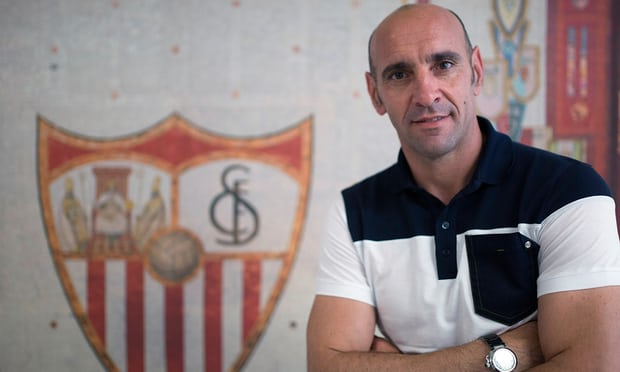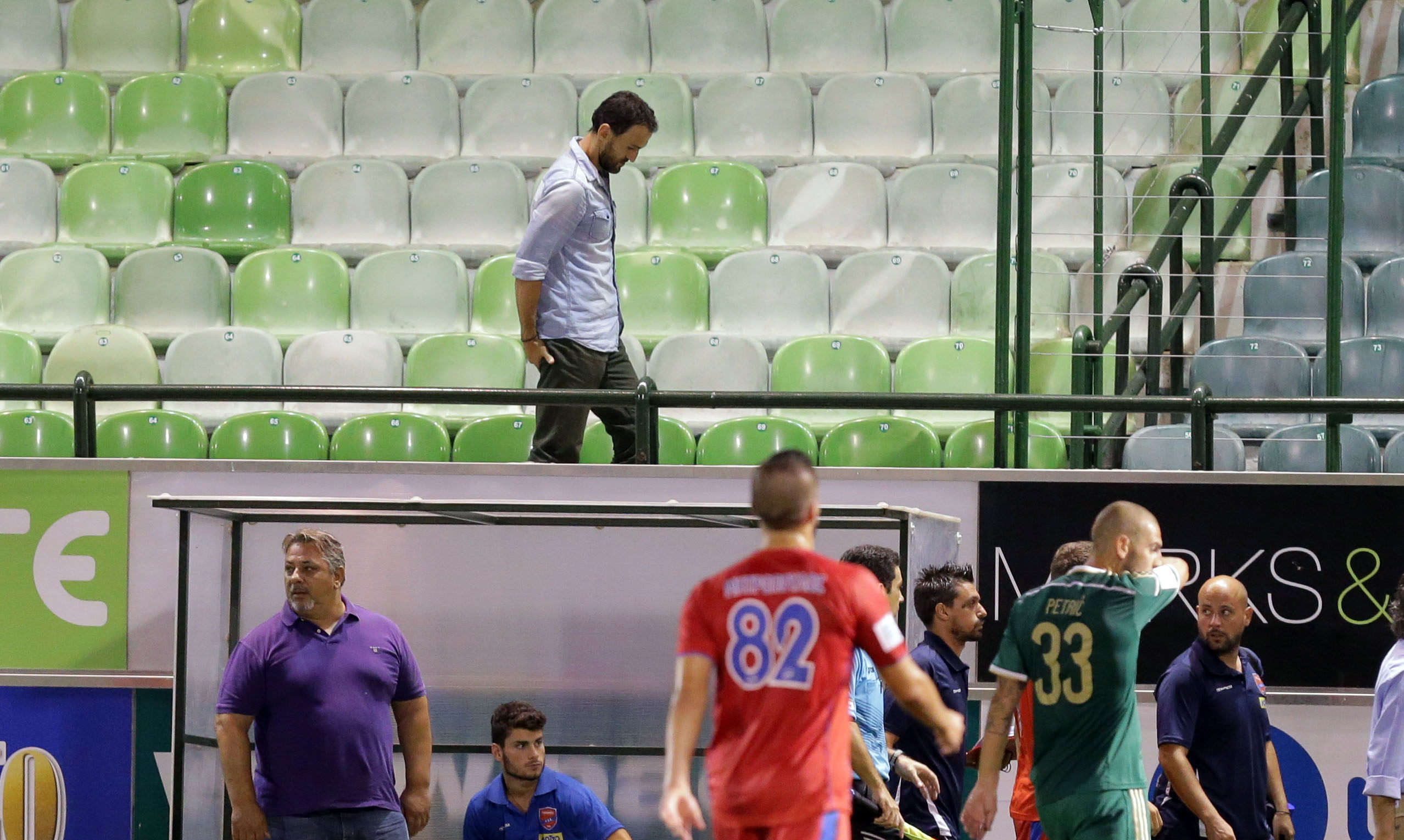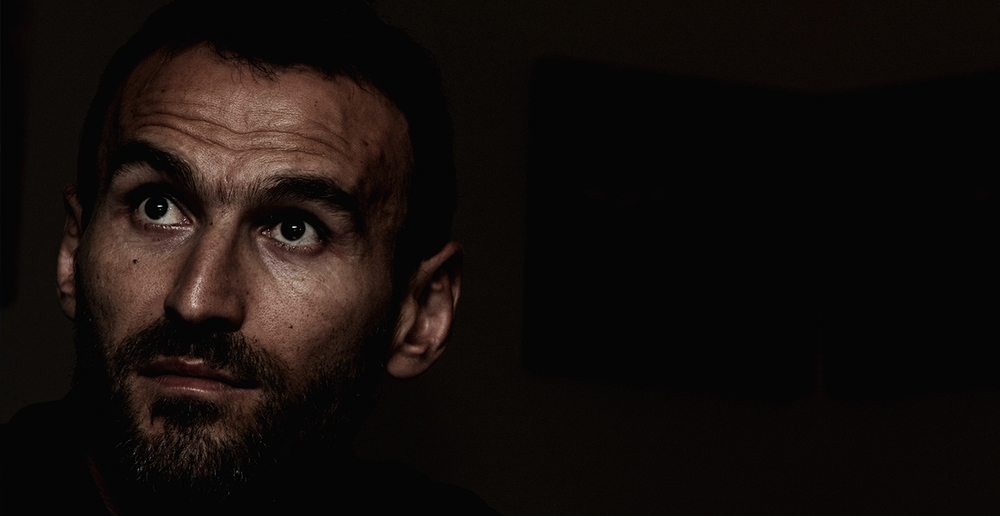Due to the increased volume of professionalism in modern football, from developmental ages to professional teams, responsibilities have risen.
As a result of that, clubs need to be organized better, in order to ensure improved levels of staffing, support, monitoring, communication and result.
The Spanish example In 2000, after Sevilla’s demotion, Monchi was hired as general manager. He was given two tasks by the board: youth academy improvement and execution of a massive scouting policy, both abroad and within the country. When he was in charge, he helped either for the promotion from Sevilla’s youth academy or to sign for the club the following: Dani Alves, Freddie Kanoute, Luis Fabiano, Julio Baptistuta, Sergio Ramos, Jose Antonio Reyes, Antres Palop, Adriano, Renato, Gary Mendel, Jeoffrey Kondogbia, Jesus Navas, Alvaro Negredo, Seydou Keita, Alberto Moreno, Kevin Gameiro, Enzo Maresca, Carlos Baca, Diego Lopez, Ivan Rakitic. Not everyone was sold. Some of them had as an option to be free agents, because of their age. But every single one of them brought or will bring much more-in terms of selling price, prestige, sponsorships and trophies- than the cost of their taking.

Role and occupation of a general manager:
– team philosophy, vision, plan creation.
Necessary requirements:
– existence in the team before the hiring of the coach.
– he will pick the coach in collaboration with the club.
Skills and Qualifications:
– clear and deep knowledge about club’s philosophy.
– awareness of players positive and negative characteristics.
– knowledge of their social, emotional and psychological attributes.
– technical and tactical knowledge of the game.
– Outstanding personality management abilities.
– Great communicative abilities.
– Principle and plan stability, not in any case dogmatic views.
Emotional intelligence:
– awareness of emotions.
– control of emotions.

Photo by: ΙΝΤΙΜΕ.
Sectors and responsibilities of a General Manager:
– first team.
– organization chart shaping.
– clear role and responsibilities assignment.
– transfer plan creation in collaboration with the coach and its fulfillment (contract negotiations, transfer targets evaluation criteria).
– setup and constant evaluation of football department (coaching staff, medical staff, game analysis, scouting, exercise physiology, employees in the training center).
– written proposals to the board for constant progress and development of the football section.
– Cooperation with Academies General Manager, in order to follow and execute the clubs plan.
– daily presence in the training center and contact with coach, discussion about technical and competing matters that surround players, management and their presence in the Club, in and out of the field.
General Manager should not be a threat for coach. It is equally important not to act like his friend.

Photo by: ΙΝΤΙΜΕ.
So who is the General Manager?
Considering all the things above, general manager is a natural presence of the club with a critical role, who is obligated to provide in team’s creation, oversight, goals achievement and to promote club’s benefit.
Nikos Dabizas is a UEFA Pro diploma holder.
He has worked as general manager of Panathinaikos in 2013-14 season and stayed at this job until November of 2014. He has also worked as general manager of Omonia from March of 2016 to March of 2017. Τhis was the project that he presented in UEFA MIP (Executive Master for International Players) and part of his interview to his evaluators, in 2016 and 2017.

